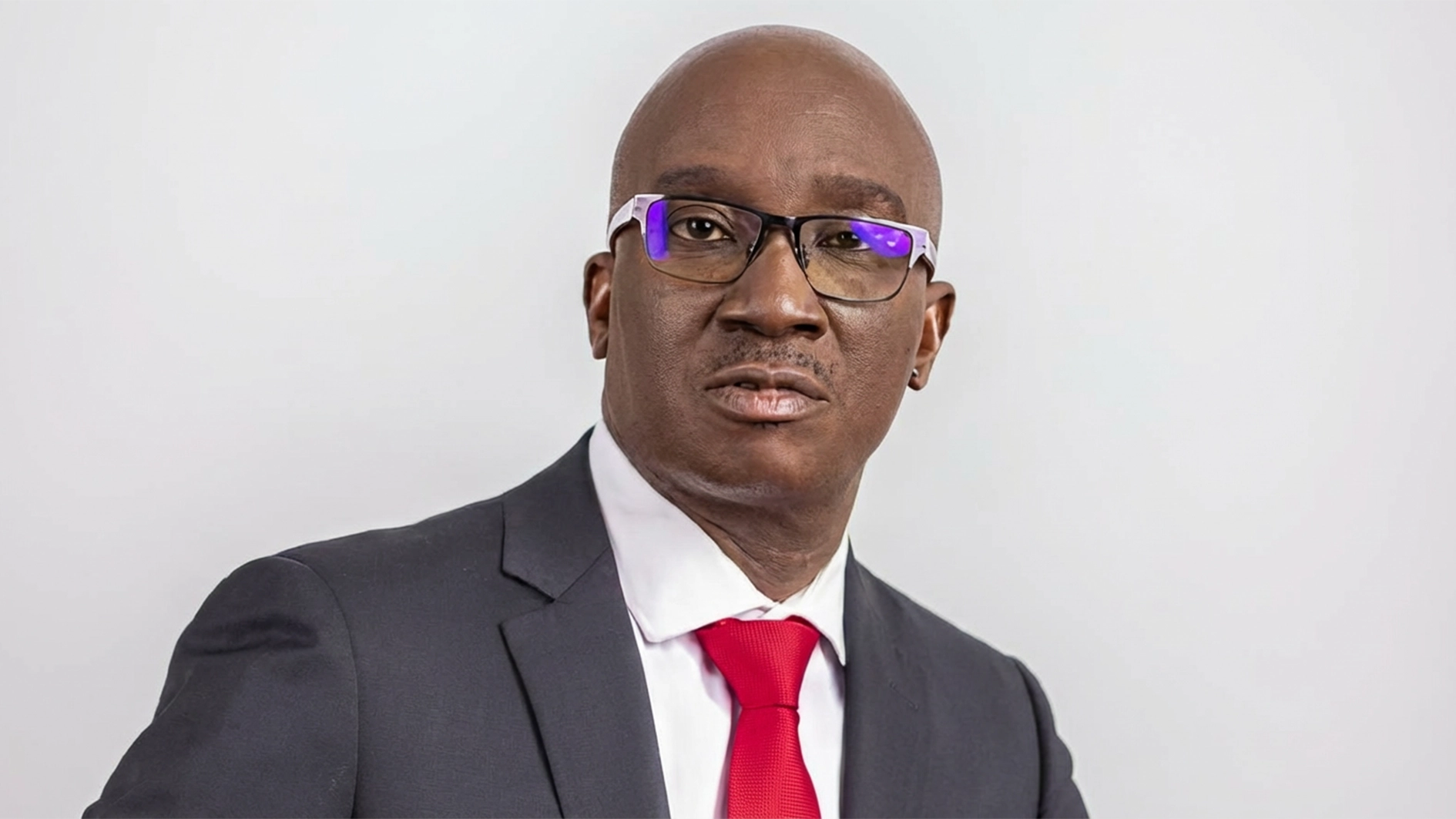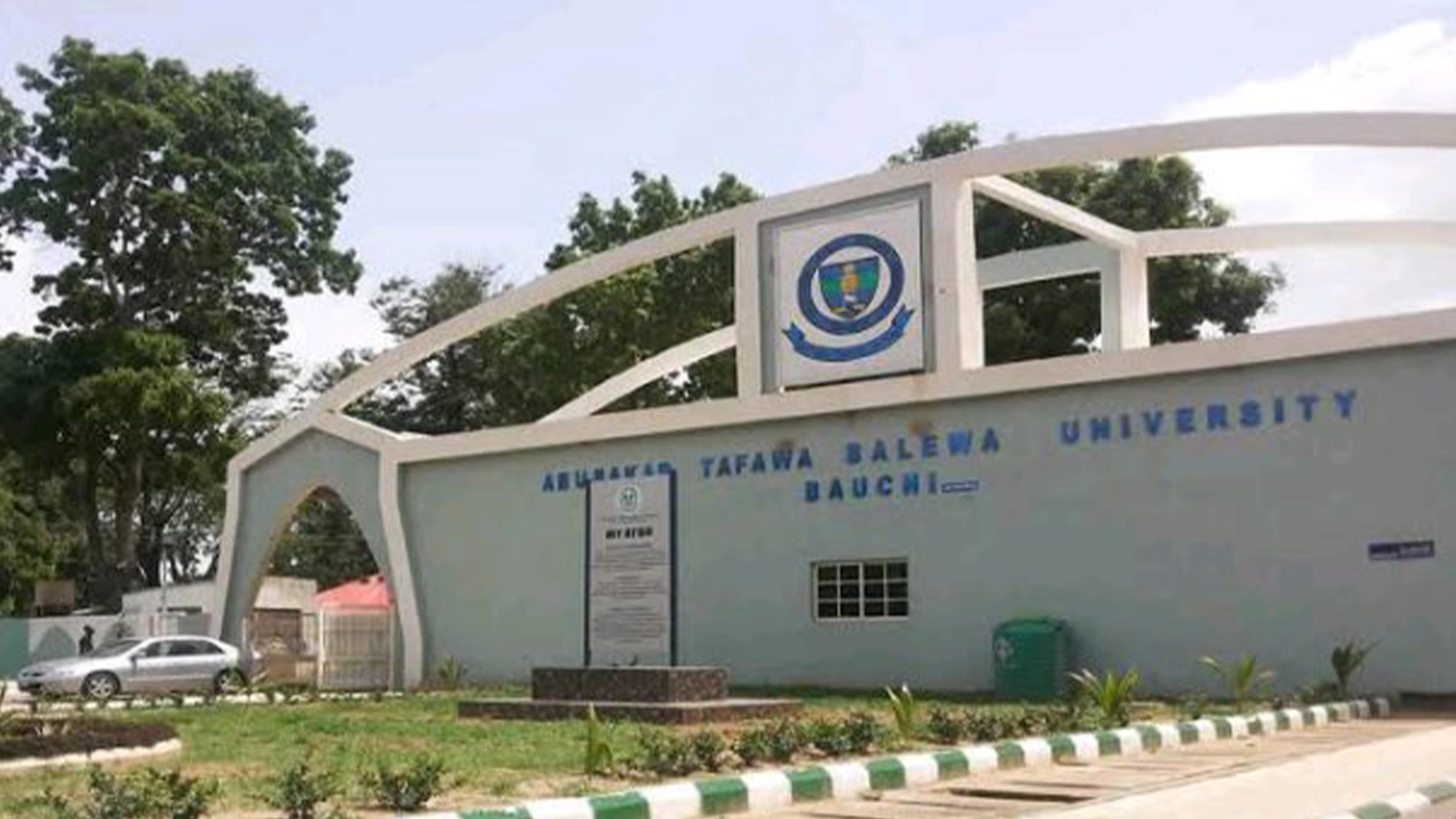In today’s fast-paced and disruptive environment, the relevance of public service has increasingly come under scrutiny. Rapid technological advancements, globalisation and shifting socio-political expectations have raised new questions about whether public institutions are adequately equipped to respond to the evolving needs of citizens.
In Nigeria, these concerns are particularly pronounced, as the public service remains a critical instrument for governance, policy implementation and national development. Many citizens are beginning to question whether the system, as currently structured, can deliver efficient, transparent, and accountable services in a manner that reflects the aspirations of a modern democratic society.
The Nigerian public service, long regarded as the engine room of government, faces a complex set of challenges that threaten its effectiveness – bureaucratic bottlenecks, weak institutional capacity, inadequate motivation and resistance to innovation have combined to limit its ability to deliver value-driven services.
Also, the traditional public service model, characterised by rigid hierarchies and outdated administrative practices, has often proven ill-suited for the dynamic, results-oriented demands of the 21st century. As a result, there is a growing disquiet among citizens and policymakers on whether the public service is fulfilling its obligations to the society, particularly in the areas of economic management, social welfare and infrastructure delivery.
Consequently, the Executive Secretary of Tertiary Education Trust Fund (TETFund), Arc. Sonny Echono, has urged the Public Service Institute of Nigeria (PSIN) to cultivate a cadre of officers capable of adapting to the rapidly evolving dynamics of governance and enhancing the quality of their service to address the changing needs of society.
Echono’s call underscored the urgent need for capacity building and continuous professional development within the public service. According to him, the future of governance in Nigeria depends on a workforce that is not only skilled but equally agile, innovative and responsive to emerging challenges. This involves equipping public officers with modern administrative tools, leadership competencies and a deep understanding of global best practices in public sector management.
Speaking while receiving a delegation from the PSIN led by its Administrator and Chief Executive, Barr. Imeh Okon, on a courtesy visit to TETFund Headquarters in Abuja, Echono emphasised the importance of strengthening collaboration among government institutions to drive efficiency and innovation in public administration.
He noted that institutions such as PSIN play a pivotal role in redefining the standards of public service delivery through targeted training, research, and knowledge exchange. According to him, the ultimate goal is to produce a new generation of public servants who are proactive, performance-driven, and committed to the values of integrity and accountability in governance.
The Executive Secretary reiterated that transforming the Nigerian public service requires more than policy pronouncements, saying that it demands deliberate investment in human capital, institutional reform and the integration of technology into everyday administrative processes.
Echono pointed out that as the world transitions into a knowledge-based economy, the capacity of public servants to harness digital tools and data-driven decision-making will largely determine the effectiveness of government interventions.
The TETFund boss, therefore, called for sustained partnerships between TETFund, PSIN and other stakeholders to design and implement strategic programmes that will reposition the public sector as a driver of national progress and sustainable development.
“In today’s public service, which is dynamic, very disruptive and the changes are fast and sudden, we need to develop a core of officers that can respond to such disruptions and can elevate the quality of their service to meet the changing needs of society.
“It has been the challenge for the general public service to make that transition and that’s why there has been some level of disquiet about whether the public service is meeting its obligations to the larger society.”
Echono emphasised that TETFund places strong emphasis on staff training and capacity development as a key driver of institutional excellence. He explained that the Fund’s substantial investment in personnel development has produced a dynamic and skilled workforce capable of generating innovative ideas, conducting critical analysis, and supporting evidence-based decision-making.
He added that TETFund’s partnerships with agencies such as the Public Service Institute of Nigeria (PSIN) and the Joint Admissions and Matriculation Board (JAMB) have been instrumental in modernising administrative processes, including the introduction of real-time, paperless promotion examinations designed to improve efficiency, transparency and integrity in the assessment process.
In response to PSIN’s proposals for expanded collaboration, Echono expressed keen interest in initiatives such as continuous professional development programmes, compliance training and pre-retirement workshops for the Fund employees. He emphasised the importance of early preparation for life after public service, noting that proactive planning can ease the often challenging transition faced by many retirees.
Earlier, Okon expressed the Institute’s commitment to strengthening its collaboration with TETFund to advance capacity building, leadership development, and institutional governance across Nigeria’s public sector.
She commended the agency under Echono for its strategic role in supporting tertiary education and enhancing human capital within the public service.
Okon explained that the visit aimed to revive and deepen an existing partnership that had become less active over time, emphasising the importance of renewed synergy between both institutions.






